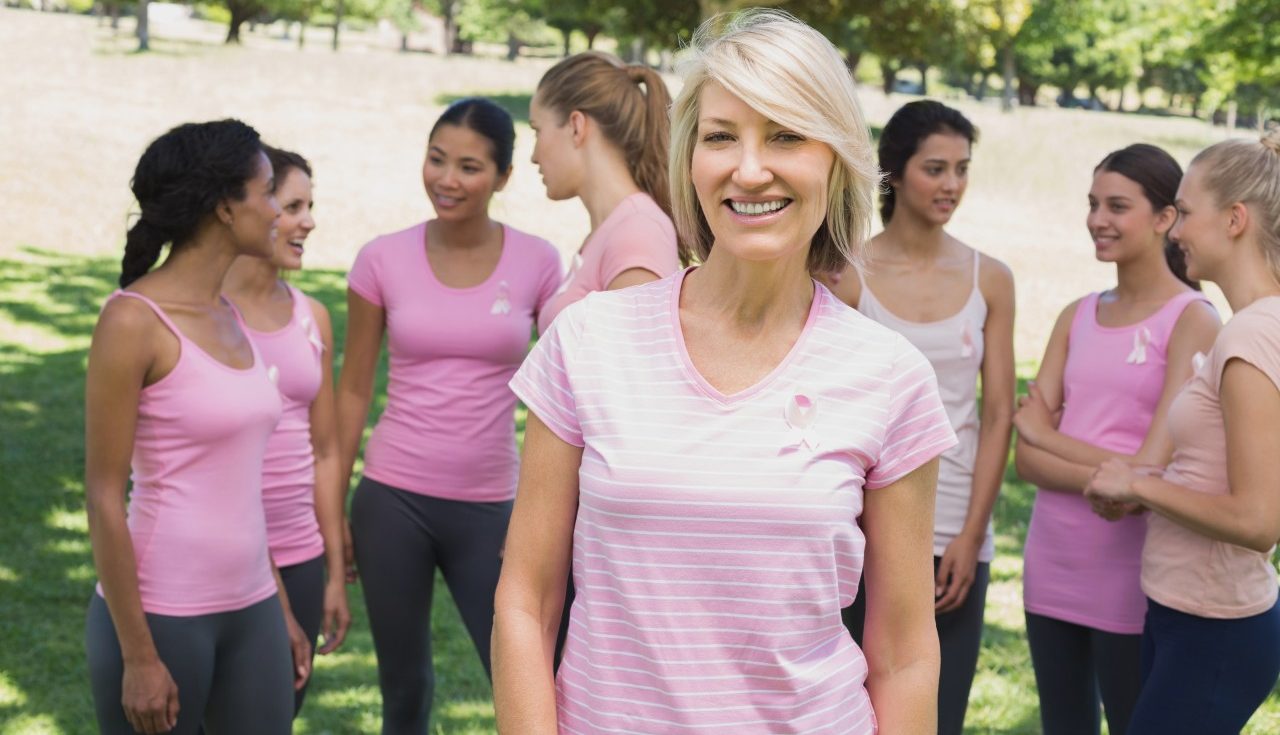How To Lower Your Breast Cancer Risk

Skip alcohol and have regular mammograms if you’re worried about your family history of breast cancer.
If breast cancer runs in your family, it’s important to understand how you can improve your own odds. Limit alcohol, make sure you have a nutritious diet, keep to a healthy weight, breastfeed, avoid hormone therapies, and don’t skip mammograms.
Limit or skip alcohol
There’s every reason to limit alcohol if you’re concerned about breast cancer. Compared to women who don't drink at all, women who have three alcoholic drinks a week have a 15% higher risk of breast cancer.
Do you drink every day? For each daily drink, your risk goes up by 9-12 percent, depending on the study, if you make this a habit.
That’s because alcohol may bump up your estrogen and other hormones linked to a type of breast cancer called hormone-receptor-positive. Alcohol may also damage DNA in your cells.
Girls need this information, but according to a 2019 study, only a quarter of U.S. women age 15 to 44 know that drinking alcohol when they’re young could increase their risk later. Fifteen-year-olds who down three to five drinks a week triple their chance of benign breast lumps, some of which are linked to a higher chance of breast cancer when they’re older.
Don’t assume your daughters or sisters are too young to drink: about 8 percent of eighth-graders drink, and by 12th grade, about 15 percent are binge drinking.
If you’ve had breast cancer already, drinking that much also could increase your chance of a recurrence.
Beer, wine, and spirits all count. One drink equals 12 ounces of beer, 5 ounces of wine, or 1.5 ounces of hard liquor.
Other options for party drinks
You can learn to love mocktails and their cute names. A Virgin Mary is tomato juice without vodka. A Cosmo-Not is cranberry juice. An Apple Pie Moscow Mule is apple cider and ginger beer. Check out these photos and recipes for 20 mocktails. Add edible flowers preserved in syrup to a drink and it’ll look fancy. Freeze juice into ice cubes. Put fresh raspberries in the bottom of a champagne flute of sparkling water or ginger ale — or put chunks of fresh pineapple on a drink stirrer.
Eat a nutritious diet
Especially if do drink alcohol, make sure your diet isn’t low in the B-complex vitamins, also called folate. Alcohol disrupts the absorption and metabolism of these nutrients. Popular high-folate foods include chickpeas (try making hummus), avocados (guacamole), oranges, and cantaloupe, as well as leafy greens and lentils. Taking folate supplements has not been shown to cut breast cancer risk.
Women who eat a Mediterranean diet including extra-virgin olive oil and mixed nuts may have a lower breast cancer risk. Choose olive oil over butter and fish instead of red meat, and get most of your calories from plants.
Stay within weight targets
A nutritious diet will help you maintain a favorable weight. Being overweight or obese after menopause increases the risk of breast cancer.
Fat tissue raises estrogen levels. Also, at higher weights you’ll tend to have higher insulin levels, which are also linked to breast cancer.
The apple shape is more dangerous than generous hips and thighs.
Losing weight may not help lower your cancer risk — it’s hard for scientists to study this question because so few people manage to lose weight as adults and keep it off.
- Breastfeed. The longer you breastfeed, the more protection it may give you against breast cancer.
- Avoid taking estrogen. Taking estrogen to tame the symptoms of menopause could increase your breast cancer risk. If you decide that the benefits outweigh the risk, use the lowest dose and stop as soon as you can. Hormonal contraception, which includes birth control pills and IUDs that release hormones, increases your risk, but it’s very small.
- Monitor your breasts. If you see any changes in your skin or a lump, talk to your doctor immediately. Begin screenings when advised to do so by your doctor and don’t skip any. Even missing just one mammogram can raise your chance of dying of breast cancer by 30 percent, according to a study of data from nearly 550,000 women eligible for mammography screening in Sweden from 1992 to 2016.
Updated:
September 21, 2021
Reviewed By:
Janet O’Dell, RN